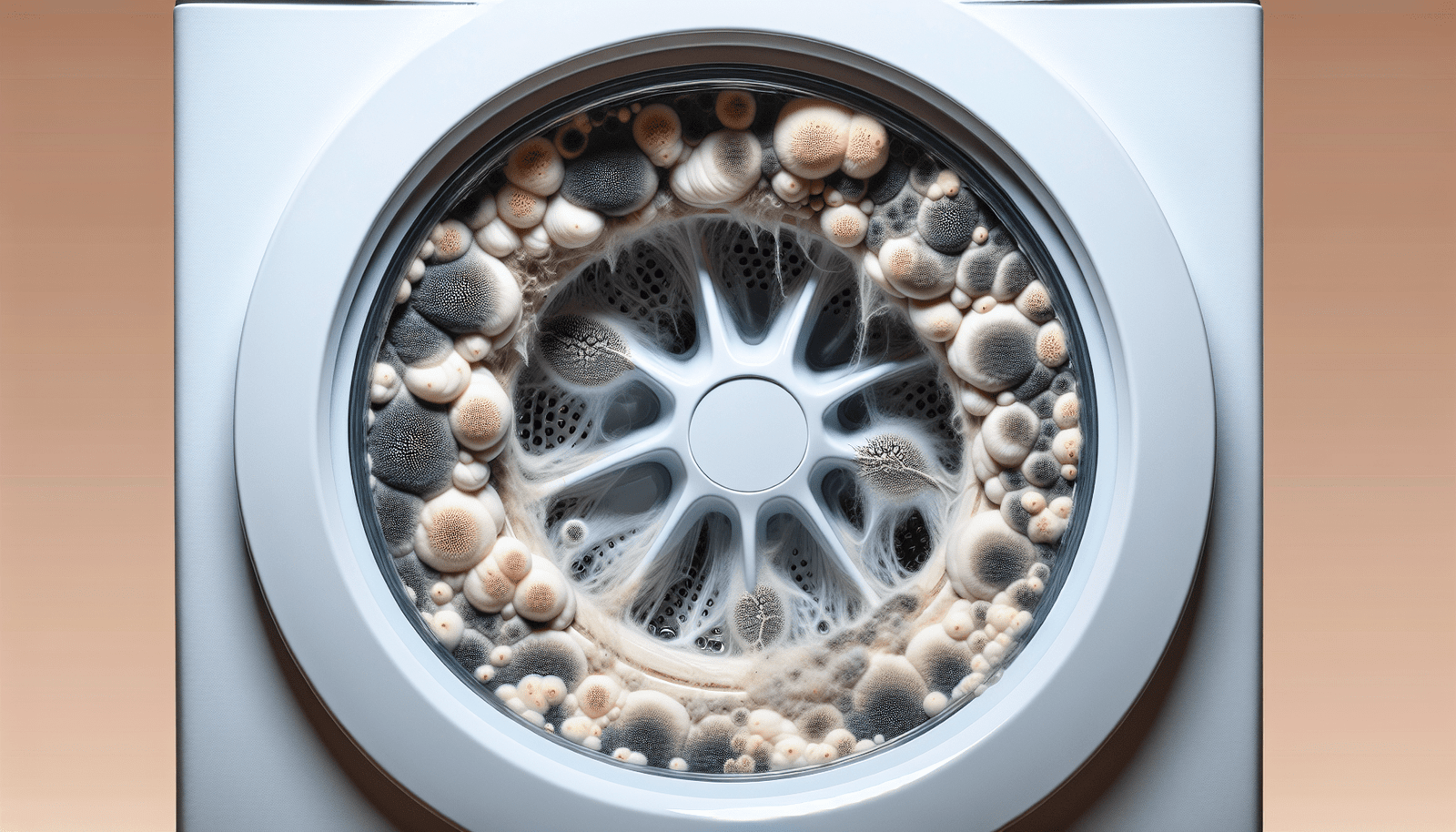Why Does My Washer Have A Bad Odor? Maintaining a fresh and clean washing machine is a crucial aspect of preserving the integrity of your clothes and creating a pleasant laundry experience. However, it can be disheartening to encounter a foul odor emanating from your washer, compromising the cleanliness you strive for. Delving into the reasons behind this unpleasant occurrence holds significance in order to address the issue promptly and effectively. By understanding the factors that contribute to a bad odor in your washer, you can take the necessary steps to eliminate it and restore a refreshing ambiance to your laundry routine.
Possible Causes of Odor
Leftover Detergent
Leftover detergent in your washing machine can contribute to a foul odor. This can happen due to an incomplete rinse cycle where not all the detergent is rinsed away. Additionally, excessive usage of detergent can result in residue buildup. Using powdered detergent can also be a culprit as it may not dissolve completely, leaving a residue behind. Another factor to consider is fabric softener residue, which can accumulate over time and lead to an unpleasant smell.
Mold and Mildew
A moist environment is an ideal breeding ground for mold and mildew, which can give rise to unpleasant odors in your washer. Front load washers are particularly susceptible to mold and mildew growth as they have airtight seals that can trap moisture. Door seals and gaskets, as well as the dispenser drawer, can also harbor mold and mildew if not cleaned regularly. The inner tub of the washer may also be a breeding ground for these fungi if not properly maintained.
Dirty Drum
A dirty drum can be a major cause of bad odor in your washer. Lint and dirt can accumulate over time, especially if you frequently wash dirty clothes. Pet hair and fur can also get trapped in the drum, contributing to the unpleasant smell. Additionally, biological materials such as bodily fluids may remain on clothing and transfer onto the drum, further exacerbating the odor. Accumulated soap scum can also leave a residue on the drum and contribute to the problem.
Clogged Drain Trap
The drain trap in your washing machine can become clogged with hair, lint, and other debris over time. This can not only cause drainage issues but also contribute to a foul smell. Residue from laundry items, such as fabric softener, can also accumulate in the drain trap if not cleaned regularly, adding to the odor problem. Improper cleaning of the drain trap can further worsen the situation.
Using Wrong Detergent
Using the wrong detergent can lead to an unpleasant odor in your washer. High efficiency (HE) washers require specific detergents that are designed for their efficient water usage. Using regular detergent in an HE washer can result in excessive suds, which can trap odor-causing bacteria and leave behind a foul smell. Liquid and powdered detergents also have different compositions, and using the wrong type for your specific washer can contribute to odor issues. Additionally, using low-quality detergents may not effectively clean your clothes, leading to residual odors.
Hard Water Deposits
If you have hard water, mineral deposits can build up in your washing machine over time. These deposits can leave a residue on the drum and other parts of the washer, contributing to an unpleasant smell. The residue from hard water can also affect the effectiveness of detergent, making it less efficient in removing odors from your clothes.
Overloading the Washer
Overloading your washer can have various negative effects, including a bad odor. When a washer is overloaded, there may not be enough water to thoroughly clean the clothes, resulting in leftover dirt and odor-causing substances. Improper circulation of water due to overloading can also contribute to the problem. Additionally, residue that may be trapped in the clothes can transfer onto the washer drum, further adding to the odor issue.
Standing Water
If your washing machine has standing water after a wash cycle, it can lead to a foul smell. Drainage issues, such as clogged pipes or a malfunctioning pump, can cause standing water. If the pump filter is clogged, it can prevent water from draining properly, resulting in stagnant water in the machine. Problems with the drain hose, such as kinks or blockages, can also contribute to standing water and the subsequent odor.
Lack of Ventilation
Proper ventilation is crucial to prevent the buildup of moisture and stagnant air in your washing machine. Without adequate ventilation, the moisture from each wash cycle can become trapped inside, creating a damp environment ideal for mold and mildew growth. Stagnant air can also contribute to the development of unpleasant odors. Lack of ventilation can be particularly problematic in laundry rooms that are not well-ventilated or do not have windows.
By understanding the possible causes of odor in your washer, you can take appropriate measures to prevent and eliminate unpleasant smells. Regularly cleaning your washer, using the correct detergent, and ensuring proper ventilation and drainage can help keep your washing machine odor-free. Additionally, being mindful of overloading the washer and adopting good laundry practices can contribute to a fresh-smelling laundry experience. With proper maintenance and care, you can enjoy clean and fresh-smelling clothes every time you do your laundry.



